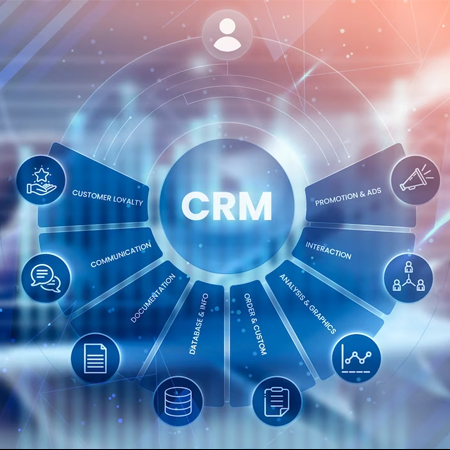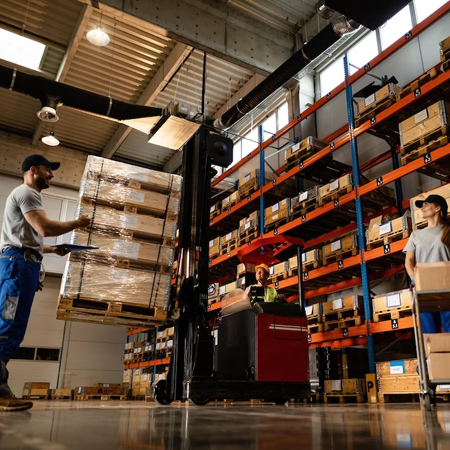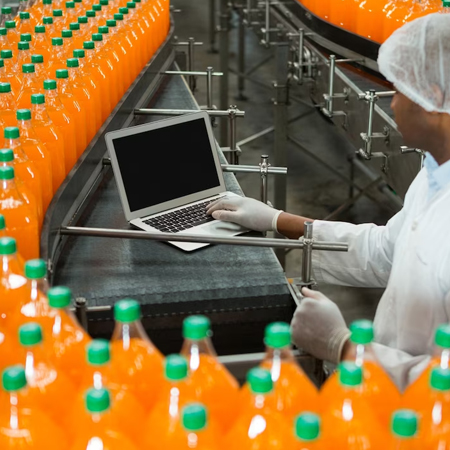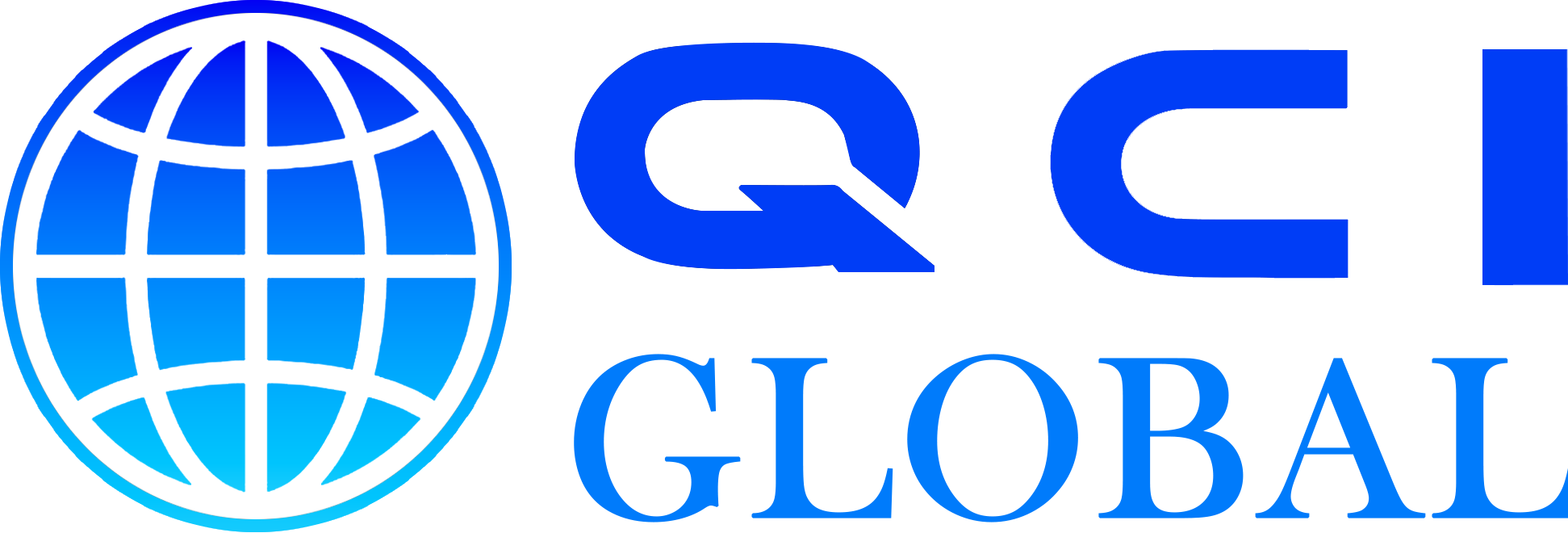ISO 22000
ISO 22000 is a globally recognized standard that focuses on establishing and maintaining effective Food Safety Management Systems (FSMS). It offers a comprehensive and systematic approach to ensuring food safety at every step of the food supply chain—from initial agricultural production to final consumption.
ISO 22000 certification encompasses all stages of the food supply chain, starting from pre-primary production through to food handling, processing, storage, distribution, and delivery to the consumer.

Today’s environment is filled with intense scrutiny but being competitive means never standing still.
QCI Global helps you see a way forward so you can advance confidently.
Demonstrate Supply Chain Integrity
ISO 22000 establishes a systematic approach to detect, evaluate, and control food safety risks throughout every stage of the food supply chain. Addressing each link—from raw material sourcing to final delivery—it ensures the integrity, safety, and traceability of food products, reinforcing consumer trust and supply chain transparency.
Access Suppliers and Retailers
Designed for organizations of all sizes and types, ISO 22000 applies to any entity involved in the food supply chain, including farms, food manufacturers, transporters, storage facilities, retailers, and food service providers. By using ISO 22000, companies can upgrade their food safety controls and confidently meet the expectations of both regulators and customers at home and abroad.
Compatibility with Other ISO Standards
ISO 22000 adopts the High-Level Structure (HLS) established by ISO, which standardizes terminology, format, and core management system requirements. This shared structure ensures smooth integration with other ISO standards, such as ISO 9001 (Quality Management) and ISO 14001 (Environmental Management), helping organizations streamline compliance and reduce system redundancies.
What Is It?
ISO 22000 defines the essential requirements for a Food Safety Management System that enables organizations to effectively identify and control food safety risks.
With its alignment to the High-Level Structure (HLS), ISO 22000 allows for easy implementation alongside other ISO-certified systems, empowering businesses across the food chain to demonstrate their commitment to food safety and regulatory compliance.
To ensure clarity, the standard references ISO and IEC terminology throughout the FSMS. You can view these at following addresses:
Organizations are required to identify both external and internal issues that can affect the achievement of the intended results of their Food Safety Management System (FSMS). External issues refer to factors or conditions in the organization’s external environment, such as regulatory changes, market trends, customer requirements, and stakeholders’ expectations. Internal issues, on the other hand, pertain to factors or conditions within the organization itself, including its structure, culture, resources, capabilities, and processes.
Senior management plays a crucial role in demonstrating leadership and commitment to the Food Safety Management System (FSMS) and food safety. They are responsible for establishing the FSMS policy, ensuring its alignment with the organization’s strategic direction, and providing the necessary resources to implement and maintain the FSMS effectively.
ISO 22000 requires organizations to identify and assess the risks and opportunities that could impact the Food Safety Management System (FSMS) and its ability to achieve its intended outcomes.
Organizations to determine and provide the necessary resources to establish, implement, maintain, update, and continually improve their Food Safety Management System (FSMS).
Organizations are required to plan, implement, control, maintain, and update their processes across the distribution route of the end product.
Organizations are required to monitor, measure, analyze, and evaluate their Food Safety Management System (FSMS) to ensure its continuing suitability, adequacy, and effectiveness. This includes conducting regular management reviews of the FSMS at planned intervals.
The importance of continual improvement in the Food Safety Management System (FSMS). This includes the evaluation of the FSMS and taking corrective actions to address nonconformities and improve performance.

ISO 22000:2018 Transition Information
Haven’t transitioned from ISO 22000:2015 yet? Learn what you need to do to prepare for the ISO 22000:2018 transition with this factsheet.
Download NowFood Safety Courses & Training
Explore the range of Food Safety courses we have on offer through QCI Global Learning.
Related Services
In addition to the services mentioned earlier, there are several related services that can further support improving business excellence maturity and sustainable business practices. These services include:






